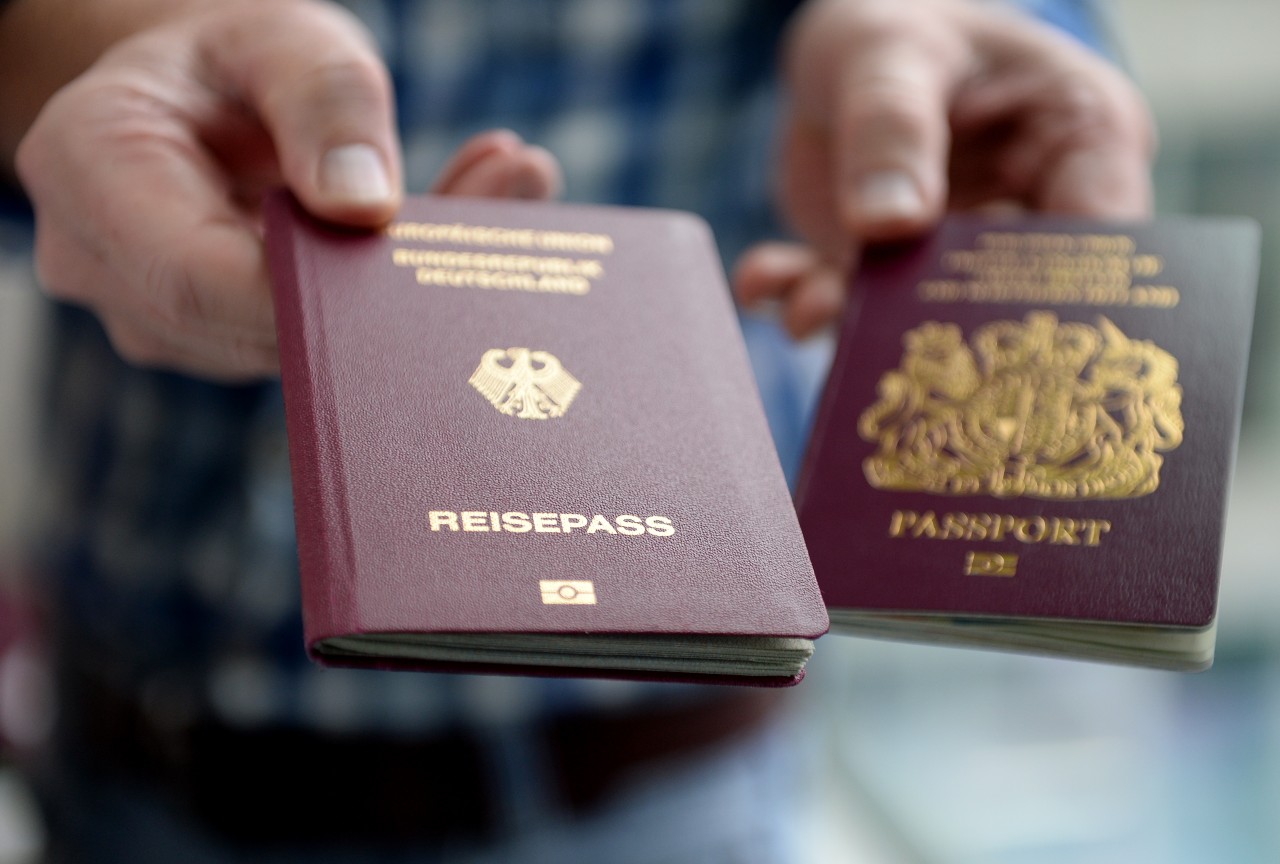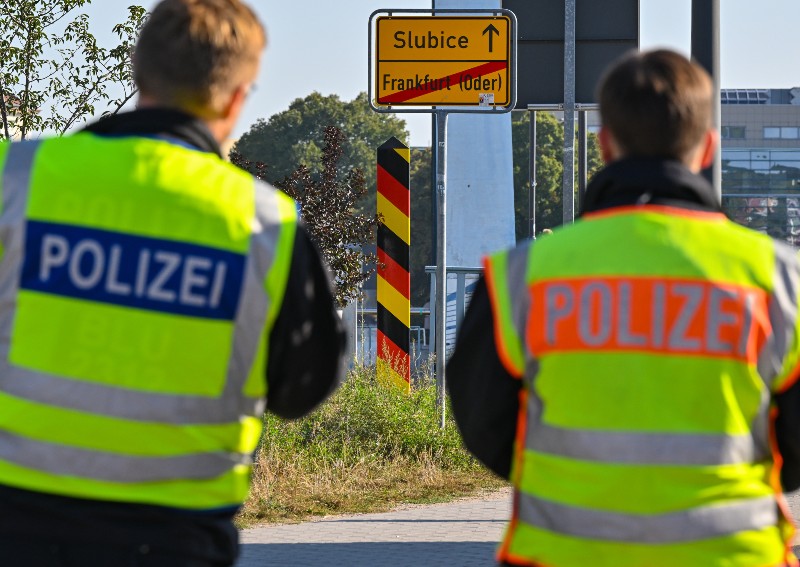It has been just over a month since Germany went to polls in the February 23rd elections, but events have been unfolding at a whirlwind pace.
Within days of his electoral victory, CDU leader Friedrich Merz set about thrashing out a coalition deal with the centre-left SPD, with the aim of building a brand new 'Grand Coalition' by Easter.
So far, the CDU/CSU alliance and the SPD have passed joint legislation to loosen Germany's debt rules for military spending and set up a whopping €500 billion infrastructure fund. They have put together an exploratory paper setting out some key plans, and working groups have tried to iron out the finer points of policy.
On Friday afternoon, the final, decisive phase of talks will begin. An executive committee comprised of party leaders and senior MPs will aim to clear up disagreements. If all goes well, the parties will be able to finalise their coalition agreement in the coming weeks.
TIMELINE: How soon will Germany get a new government?
While things have run according to schedule so far, some of the trickiest issues have been put on the backburner. Here are the key problems party leaders will have to solve as they kick off the final phase of talks on Friday.
Taxation
Many financial questions have been clarified, but there are apparently a number of major disagreements when it comes to taxation.
The first relates to taxation on top earners. While the parties have agreed to increase the income threshold for the top rate of tax to €80,000 per year in steps, the SPD wants to hike this tax rate from 42 to 47 percent, which the Union is vehemently against.
The centre-left party also wants to close loopholes in inheritance tax for people who inherit businesses. In contrast, the centre-right Union parties are keen to increase tax-free allowances for inheriting family members.
In possibly the most contentious question, the SPD is pushing once again for the introduction of a wealth tax. It also wants capital gains tax on property investments to apply after the current 10-year period.
Citizenship
To the relief of many foreigners, the future coalition partners have pledged to keep Germany's reformed citizenship law in place, allowing dual nationality and shorter residence requirements.
However, there is still some disagreement when it comes to the treatment of dual nationals.
Staying true to their electoral promises, the CDU and CSU want to make it easier to strip dual nationals of their German citizenship in certain cases.

Under a draft paper produced by the working group for the interior, the parties say they want to examine if "terror supporters, anti-Semites and extremists who call for the abolition of the free and democratic basic order", can have their citizenship withdrawn.
The SPD is apparently strongly opposed to the move, and experts have warned that de-naturalising citizens could open up "pandora's box" in the future.
READ ALSO: Germany's next government could make it easier to strip citizenship from dual nationals
Cars
When it comes to the future of combustion engines, the Union and SPD have taken diametrically opposed positions so far. While the SPD are in favour of phasing out fossil-fuel cars by 2035 according to EU law, the CDU and CSU say this must be reversed.
While the parties have pledged to incentivise the purchase of e-cars, there hasn't been any agreement so far on how this would look.
REVEALED: Where SUVs are most - and least - popular in Germany
The transport working group also bashed heads over the introduction of a 130km-per-hour speed limit on the Autobahn. The SPD are in favour, while the CDU/CSU are against.
Rent controls
In good news for renters, the parties are united on extending current rent controls for a further two years after 2025.
Currently, rents in areas with overheated housing markets are subject to the Mietpreisbremse, or rent brake. This dictates that rents should be no higher than 10 percent above average rents in the area and caps increases at a maximum of 20 percent over three years.
While the parties want to extend the brake and make it more enforceable, the SPD is apparently pushing for even tighter controls to ease the housing crisis.
Instead of a 20 percent cap, the party says the cap should be set at six percent in regions with a tight housing market and 15 percent in all other areas. The Union rejects tightening the restrictions.
READ ALSO: Germany's incoming government 'to extend rent brake for two years'
Migration
According to a policy paper obtained by Welt, the incoming government wants to introduce the aim of "restricting" migration in the country's Residence Act. So far, this appears to be targeted primarily at "irregular migration": in other words, to people who cross the border without explicit permission, usually to seek asylum.
As well as ending family reunification for refugees for two years, the CDU/CSU and SPD say they will turn more people away at the border. However, there are fervent disagreements about whether Germany should get the green light from neighbouring countries first.

In terms of other types of migration, there appears to be more agreement. "We want to remain an immigration-friendly country and make qualified immigration into our labour market more attractive," the parties' exploratory paper read.
To this end, the Union and SPD want to simplify immigration processes for skilled workers.
Pensions
In their initial plans for government, the Union and SPD agreed to safeguard the pensions level - but didn't say what level of pension would be safeguarded.
The SPD are determined to keep the level at 48 percent - which equates to 48 percent of average earnings over 45 years. The Union believes this would lead to even higher contributions and are reluctant to agree.
As a compromise, they've proposed that this level would be based on 47 years of contributions, instead of 45. Tough negotiations are likely to be ahead.
READ ALSO: What Germany's CDU and SPD have agreed so far
Military service
In light of increasing global uncertainty, the Union has spoken out in favour of reintroducing compulsory military service for young people. The previous conscription law was scrapped by Angela Merkel's government back in 2011.
Though the SPD also want to expand the number of military recruits, the centre-left party has set its sights on a voluntary system and say they want a wider social discussion around military service.
Energy policy
Robert Habeck's Heating Law, which aims to phase out fossil-fuel heaters and offer subsidies for green alternatives, is still a bone of contention in talks.
Though the Union pledged to scrap it in their election manifesto, there is still no consensus on how the law should be reformed or what should replace it.
READ ALSO: What will Germany's likely new government do about the Deutschlandticket?
Similarly, the subject of nuclear energy is proving tricky to resolve. The CDU and CSU would like to retain a "significant role" for nuclear energy to help meet climate goals, while the SPD has taken a more sceptical stance.
Another difficult issue is the subject of Klimageld, or climate money, which the former traffic-light coalition pledged but failed to introduce. While the parties say they want to redistribute money from the CO2 tax to the population, it's unclear if this would be transferred to households individually, as the Klimageld concept dictates.

Join the conversation in our comments section below. Share your own views and experience and if you have a question or suggestion for our journalists then email us at news@thelocal.de.
Please keep comments civil, constructive and on topic – and make sure to read our terms of use before getting involved.
Please log in here to leave a comment.